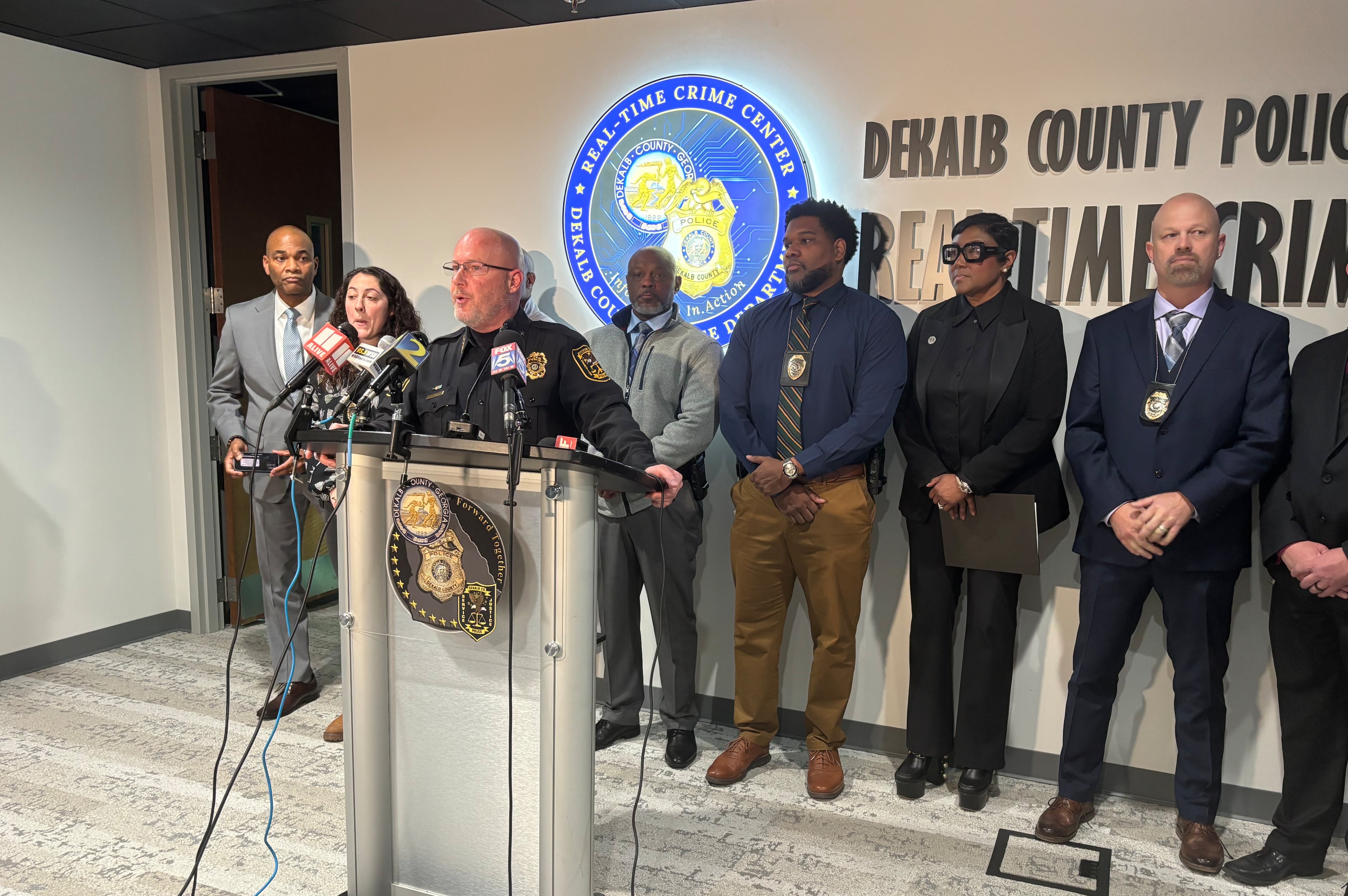Clayton school officials worry about learning loss due to evictions, virtual learning woes

Clayton County Schools leaders say they are worried a large number of students may suffer substantial learning loss because of the district’s decision to stick with all-virtual education as COVID-19 infections surge.
Jessie Goree, the Clayton Board of Education chairwoman, said recently that despite efforts by teachers to provide a top-notch remote classroom experience, more than 60% of the district’s students may need extra help in the future because of a lack of face-to-face education. She said self-motivated students will probably handle the disruption well, but not those who need a lot of supervision.
“We are going to need to spend some money for remediation and things to help our students,” she said.
Clayton County Schools, like districts across metro Atlanta, is struggling to balance how to best educate students while also keeping them safe as COVID-19 infections cases grow unabated. Clayton, DeKalb County Schools and City of Atlanta Public Schools have stuck with all-virtual learning so far this year, while other districts -- including Cobb, Fayette, Fulton, Gwinnett and Henry -- have offered a mix of in-person and remote instruction.
Officials are also worried that the county will see a rise in its population of students who are homeless when the federal moratorium on residential evictions ends Dec. 31. Clayton Superintendent Morcease Beasley said that number for Clayton is forecast to grow from the current 4% to 10% next year. That will compound a problem Clayton Schools already faces of about 30% of its students changing schools several times a year because of financial issues, one of the highest student mobility percentages in the state.
“If that tells you anything, we have to really prioritize our students and what they need in order to recover learning loss and to prevent learning loss,” he said.

Clayton has stuck with virtual learning because the county’s average coronavirus infections numbers have not fallen below 100 cases per 100,000 people for 14 consecutive days, leaders have said.
Beasley said the district is planning to offer face-to-face instruction this summer as well as continuing remote learning for those who want it. The hope is that by then, the two vaccines being proposed for national distribution sometime next year will make reopening school buildings easier.
“We’ll probably have a combination of face-to-face and blended learning because the goal is to mitigate for all the learning loss, in particular in the areas of reading and math,” Beasley said.
That effort to catch up in the summer will make courses taken at that time feel more like a traditional semester, said Ralph Simpson, Clayton’s deputy superintendent of school leadership and improvement. The goal will be to diagnose where the children are for their grade levels, find gaps that may have occurred in virtual learning and get the students back on track.
“We want to stress the importance and make (parents) realize where their children are as it relates to their learning level, and hopefully they will truly understand and buy into how important it is for us to close that gap,” Simpson said.


